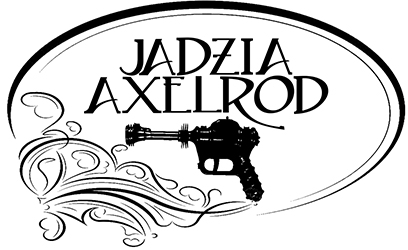
Y’see, there’s a point in every story where, right after your lead Does Brave Things, that you get to choose what kind of story you’re writing. A genre fiction story, be it about wise-cracking gumshoes or space wizards wielding laserswords, functionally ends after the Brave Thing is done. Sure, there may be a medal ceremony or a dance party, but the story is over. I’ve been reading a bunch of Spenser books while rocking Wednesday to sleep, and while there is often lip service given to the fallout that Spenser will have deal with following the various illegal things he did in his dogged search for the truth, we never see it. The story ends when the problem is solved.
Literary fiction, for lack of a better term, is all about what comes after Doing Brave Things (well, that and also money). Doing Brave Things may lead to an emotional peak, but we have to deal the consequences of those actions. Not only that, we want to deal with those consequences. That’s why we showed up. If we wanted everything tied up in a bow, we would have picked up a detective story.
This might be why so many people seemed upset with Luke’s characterization in THE LAST JEDI. There is a sincere argument to be had that despite it’s clear devotion to the visuals of the previous films, THE LAST JEDI’s meditations on failure and communal effort over swashbuckling heroism has little to with the pulp fantastic that was STAR WARS stock in trade. Luke’s story ended after he forgave Darth Vader and they killed the Emperor. To have him continue to grow and change after that feels like a different style of fiction. Because that’s what defines a peice of genre fiction: it knows when to stop.

But, back to my point, the editor had one note. I really like these characters, I really like this story, I wanted good things to happen. I subconsciously decided not to write about what would happen after they Did Brave Things. So, I thought “Great, they do the Brave Thing, and then aliens attack. Story over!”
Needless to say, the editor was not as excited about the aliens attacking as I was (in my defense, it was appropriately foreshadowed). But this because she is looking for something more literary, but I, because I love those characters so, so much, wanted to do something more genre. So that I could get a—possibly unearned—happy ending.
And even I will admit that while “…and then aliens attack” is good ending, it’s not the best ending. And do these characters who I love so much that I wanted to keep them from harm, do they not deserve the best ending I can give them? Of course they do.
I have adjusted my mindset, and am now prepared to write the scenes that will make me sad, because, honestly, torturing characters is what makes them great. Even in genre stories. After all, even Robert B. Parker puts Spenser through a crisis of the soul once per novel.
